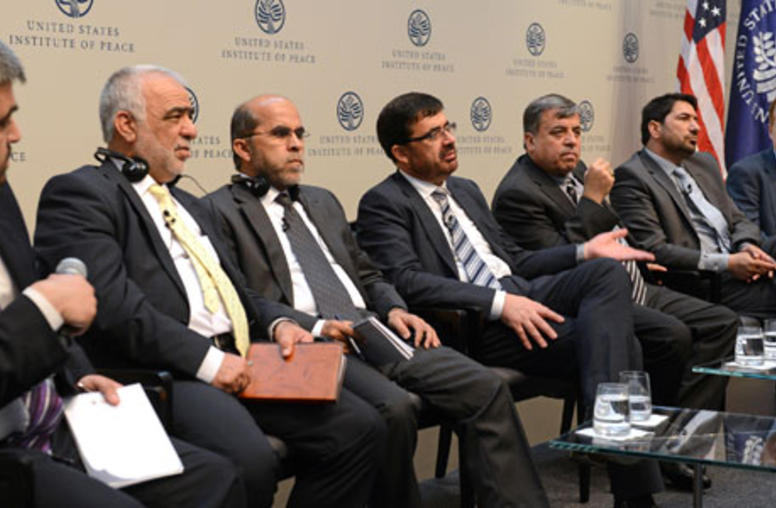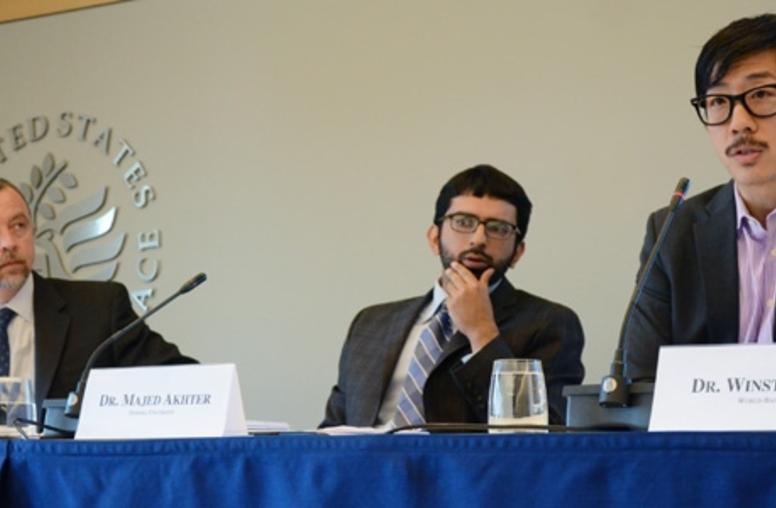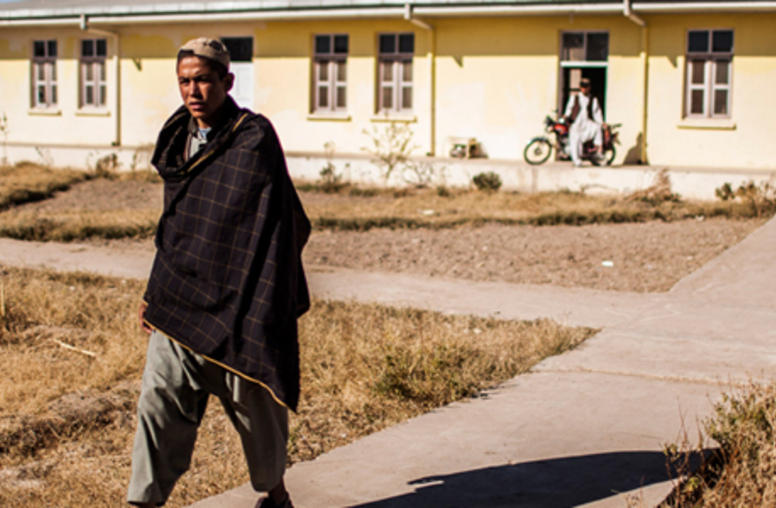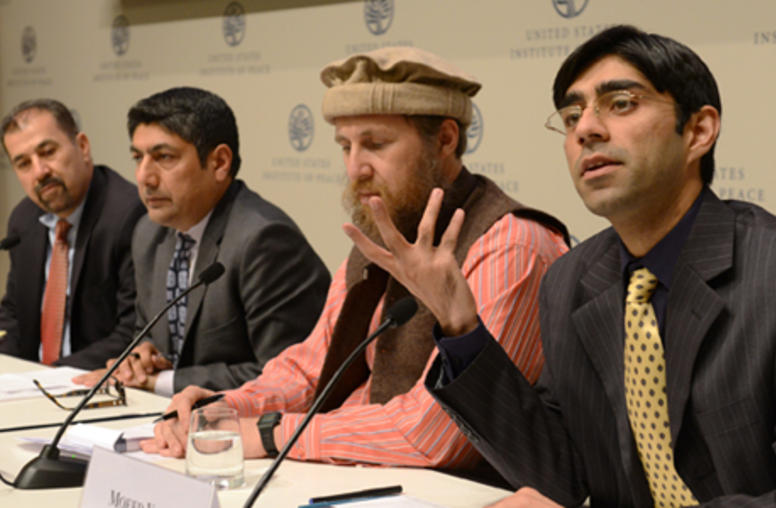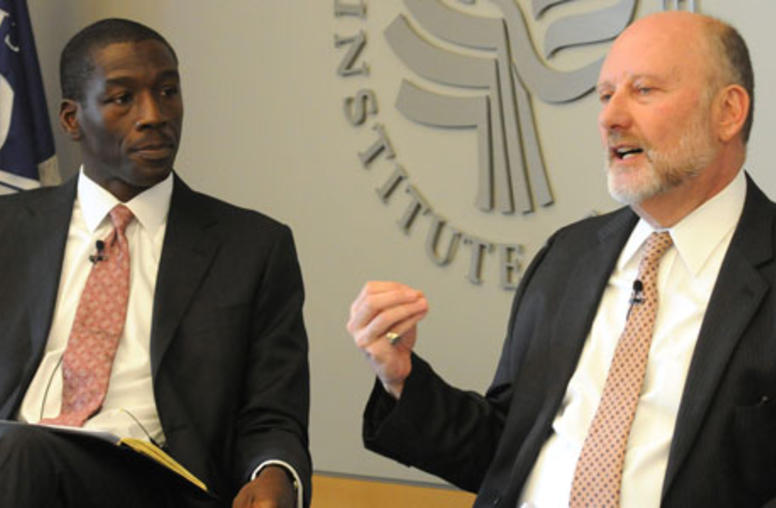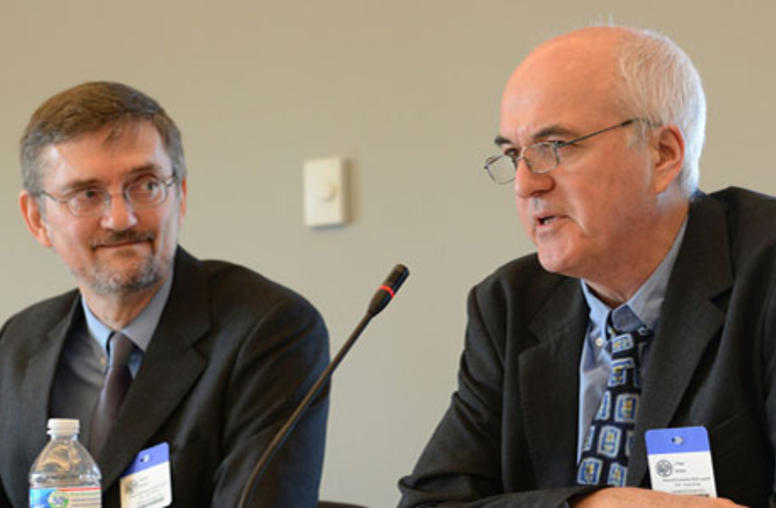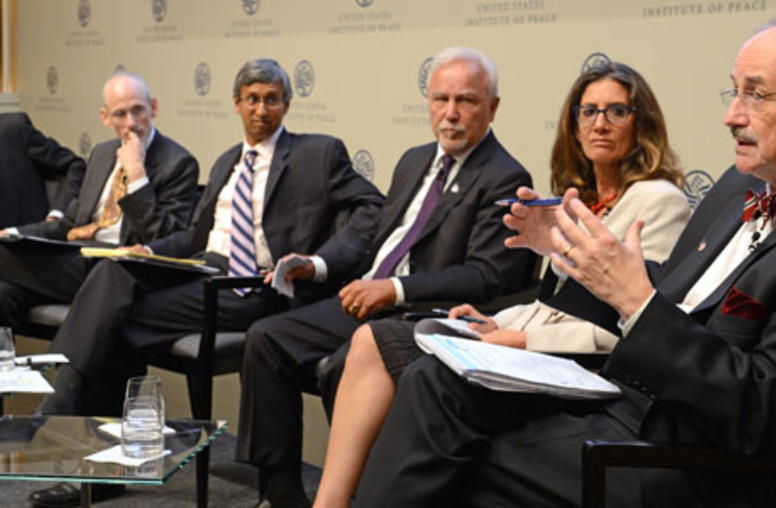
Water Security and Conflict Prevention Summit
On September 10, 2013, U.S. Institute of Peace (USIP), the Association of the United States Army (AUSA), and the U.S. Water Partnership (USWP) hosted a summit on the growing concerns in water security and the risks for increased conflict.
